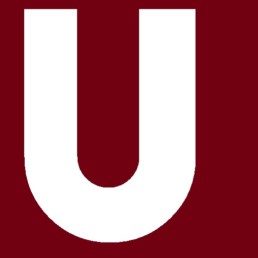From Hadrat Othman Ghani (R.A.),
by Professor Masudul Hasan. Islamic Publications (Pvt.) Ltd., Lahore: 1996.
…Hadrat Othman said, “Now I will dwell on the various allegations that are afloat against me or my Government. I am criticised that on the occasion of the Hajj I offered four rakaats of prayers instead of availing of the concession of two rakaats in accordance with the precedent set by the Holy Prophet and my two predecessors. In this connection it may be borned in mind that the stipulated number of rakaats in such prayers is four, but in the case of exceptional circumstances the prayer can be shortened to two rakaats. Now such exceptional circumstances cannot last for all times. I have married in Makkah and I reside here for some time in a year. I therefore felt that I was no longer entitled to the concession of shortening the prayer. If four rakaats were enjoined and I had shortened them I could have been held guilty, but when I offer the full prayers, and do not avail of a concession meant for exceptional circumstances, what is the wrong that I have done. Again it is said that I have been guilty of sacrilege in burning some copies of the Holy Quran. Do you know what happened to the Holy Books revealed to other prophets. Their followers produced variety of versions, and in such diversity the original text was lost. I was anxious that the Holy Quran should not become a victim of such diversity. I therefore in consultation with the eminent companions had a standard text compiled, and destroyed all other texts, so that the integrity of the text should be maintained for all times. O Muslims I ask you in the name of God whether this was a service or a disservice to the cause of Islam?” Hadrat Othman paused for a reply from the people and they said, “Yes O Caliph you have done a great service to the cause of Islam”….
From Sunan Abu Dawud,
by Imam Abu Dawud Sulaiman Ibn Abbas,
English translation by Prof. Ahmad Hasan, published by Sh. Muhammad Ashraf, Lahore, 1984.
Book 10, Number 1956:
Narrated Az-Zuhri:
Uthman prayed four rak’ahs at Mina because he resolved to stay there after hajj.
Book 10, Number 1957:
Narrated Ibrahim:
Uthman prayed four rak’ahs (at Mina) for he made it his home (for settlement).
Book 10, Number 1958:
Narrated Az-Zuhri:
When Uthman placed his property at at-Ta’if and intended to settle there, he prayed four rak’ahs. The rulers after him followed the same practice.
Book 10, Number 1959:
Narrated Az-Zuhri:
Uthman offered complete prayer at Mina for the sake of bedouins who attended (hajj) in large numbers that year. He led the people four rak’ahs in prayer in order to teach them that the prayer (i.e. noon or afternoon prayer) essentially contained four rak’ahs.
[Emboldening is Webmaster’s]
